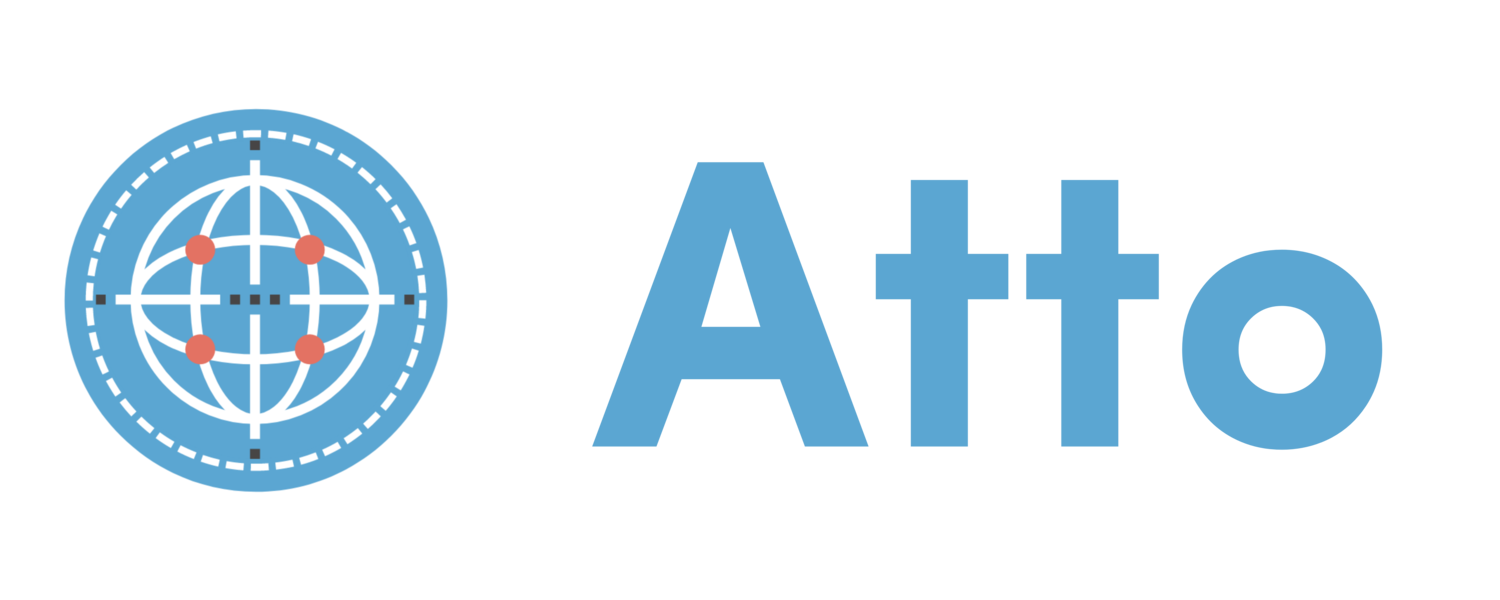The pros and cons of different types of startup funding
Startup funding can seem complicated and overwhelming for new founders. In recent years, the options have exploded and we’ve seen the rise of alternative funding complementing the traditional VC pathway too.
At Atto, we champion an ‘indie way’ of building companies, which means not every company has to raise capital. Whether you bootstrap or raise multiple rounds of capital, all paths are valid. Considering a combination of multiple funding types is also an option.
We’ve created this list of the pros and cons of different funding models for early-stage female founders including:
Bootstrapping & Self Funding
Loans and Credit
Grant Funding
Crowdfunding & Equity Crowdfunding
Angel Investment
Venture Capital
Bootstrapping & Self Funding
Bootstrapping or self-funding means you don’t raise outside investment or funds. You use your personal finances to fund your startup but this can also include using savings, credit cards or bank loans. It means you’re entirely responsible for finding the money yourself.
This term originates from the saying “pull yourself up by bootstraps” which was used in the 19th century when someone achieved a seemingly impossible task. It’s acknowledged that bootstrapping can be a really hard journey for founders but there are benefits to remaining independent.
Pros:
You remain independent and debt-free
You retain full ownership and control of the company
You focus on consistent and steady growth
You become focused on creating a business that makes money (by necessity)
You are mindful of your burn rate
You can hire contractors or employees to support your vision
Cons:
You are limited by your own funds or company revenue to fuel growth
It can make it hard to scale quickly
You might not be able to afford the best team
You’ve got to budget wisely and use a lean approach to spending
One of the top reasons startups fail is they run out of money
It can be hard and lonely
It’s less glamorous (unfortunately, the tech startup press doesn’t feature many bootstrapped founders)
Female founder example:
Laura Roeder of MeetEdgar
Loans and Credit
Loans and credit can include money from banks, and friends and/or family often with interest. This is money that needs to be paid back.
Pros:
You remain semi-independent
You retain full ownership and control of the company
Usually fixed rates with predictable repayments
Interest can be tax-deductible (talk to your accountant)
Banks are willing to give loans for a wide range of uses
Cons:
You’re responsible for the debt so if you’ve tied assets to the loan, it can be really serious if you have cash flow problems and can’t pay back the debt
Lots of admin and paperwork
High-interest fees
Depending on the bank and your use of the loan money, loans can be hard to get
Female founder example:
Kate Morris of Adore Beauty started with a $12,000 loan from her father-in-law
Grant Funding
Pros:
These are often government-funded
Potential support from gov or industry experts
You’re usually not required to pay anything back or give away any equity
These can be large amounts of cash
You develop skills through the application process and once you’ve been given one grant, it’s more likely you’ll get another grant
Good for branding visibility and credibility
Cons:
Relies on government initiatives and interest in your sector
Application processes can be time-intensive
You might need to hire someone to help with applications
There could be conditions on being awarded the grant
There’s lots of competition when applying for grants
Grant money can be finite and you might need to apply for more grants for more funding down the track
Female founder example:
Marita Cheng of Aubot
Grant example:
Boosting Female Founders Initiative (BFFI) program
Crowdfunding & Equity Crowdfunding
Pros:
You choose the terms of the crowdfunding campaign
You often build or expand your community during crowdfunding campaigns
It’s a good marketing tactic to try to get more attention for your brand
Cons:
With equity crowdfunding, you’re giving away part-ownership of your business
You need a backup plan in case the campaign doesn’t go well
Female founder example:
Pam and Jenny of Bubble Tea Club (Atto 2020)
Example:
Birchal
Kickstarter
Angel Investment
Angel investors are usually people who have acquired great wealth and want to invest some of that money into new businesses. There are a wide range of angel investors with varied experience who can operate as individual or within a syndicate.
Pros:
Angels could be industry or niche experts you can turn to for advice
An angel syndicate can give you access to a wide range of talent
Cons:
You can giveaway lots of equity in early stages
The structure of your cap table can have impacts down the line if you raise venture capital
You need to maintain a strong relationship with the angels
Female founder example:
Holly Cardew from Carted
Fund example:
Female Founders Fund
Flying Fox Ventures
Venture Capital
Venture capital is often hero’d as the goal for startups but VC isn’t suited for every startup. Raising VC funding can mean that you’re destined for rapid growth and expansion which comes with it’s own challenges.
Pros:
You should have the resources and support for fast growth
You might get access to a network of highly experienced investors and operators
VC funding gets lots of PR
Cons:
You share ownership of the company with the VCs
You need to be committed to fast growth
Female founder example:
Melanie Perkins of Canva
VC examples:
Blackbird: investing in the most ambitious founders in Aus & NZ
BBG Ventures: investing in early-stage female founders who understand the dominant consumer
Backstage Capital: investing in underrepresented founders
There’s no one right way to fund a business.
We encourage founders to think long-term and decide what’s best for them and their life.
